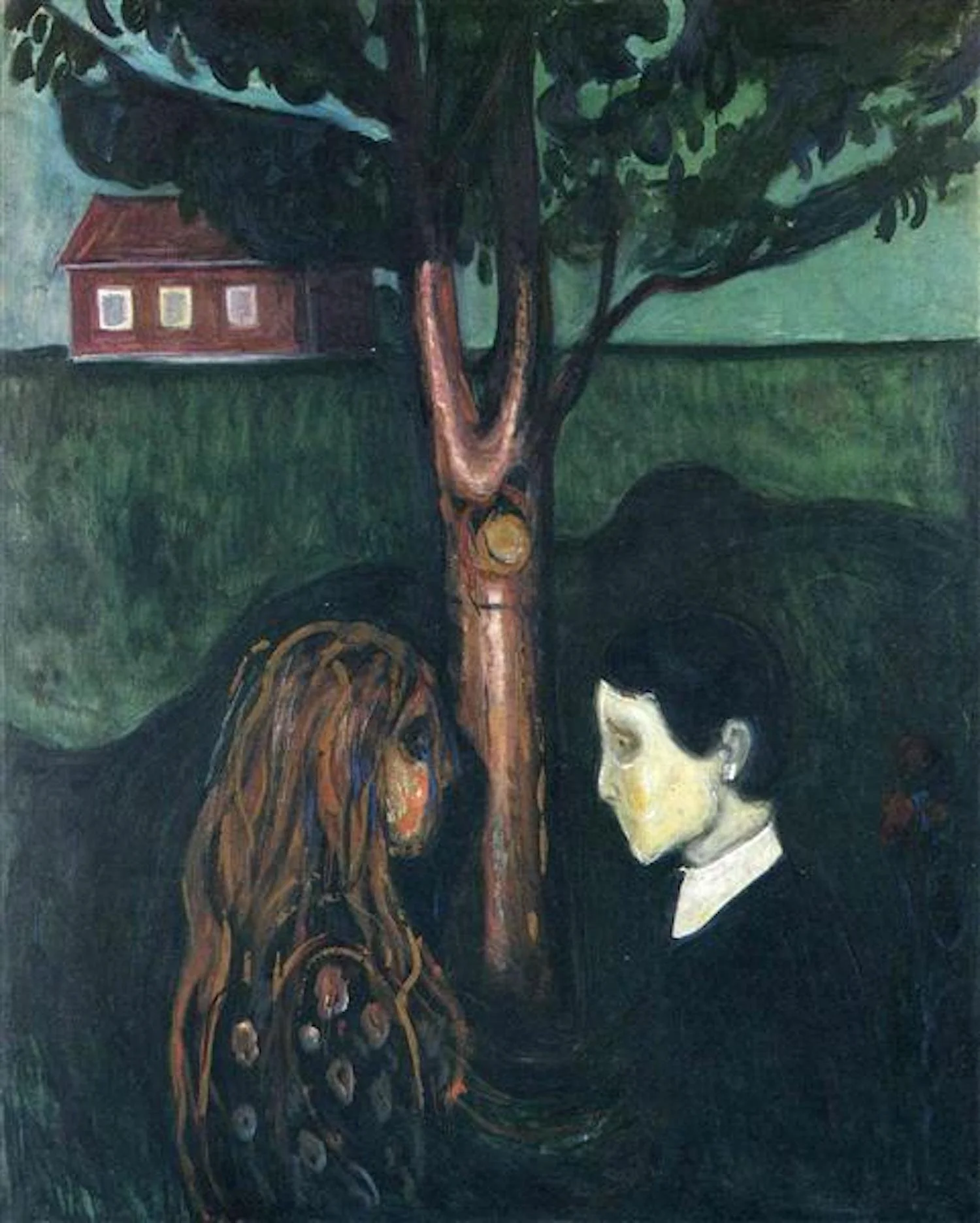The Wisdom of Listening | Those Who Know Do Not Speak
Is there a difference between hearing and listening? According to the theologian Dietrich Bonhoeffer, “There is a kind of listening with half an ear that presumes already to know what the other person has to say. It is an impatient, inattentive listening that is only waiting for a chance to speak.”
What is Listening?
Those who know do not speak. Those who speak do not know. — Lao Tzu
Have you ever had someone listen “with half an ear” to you? There seems to be a universal understanding of how it feels to have someone truly listen. To quote the renowned psychologist Carl Rogers, “When I have been listened to, and when I have been heard, I can perceive my world in a new way.”
Saint Bernadine of Sienna expressed it this way,
God has given us only one tongue, even though that’s not the case with other members of the body, nor even with the other senses. God has given us two eyes, he’s given us two hands, he’s given us two feet, he’s given us two nostrils to smell with. What does it mean that he hasn’t given us more than one tongue? Why, I ask you? It must be for some quite excellent reason.
Listening is challenging because it requires interior stability that we no longer need to prove ourselves by speeches, arguments, statements, or declarations. Faithful listeners no longer have an inner need to make their presence known. They are free to receive, to welcome, to accept.
Listening and Attention
The writer and theologian Henri Nouwen suggested that listening is much more than allowing another to talk while waiting for a chance to respond. In Bread for the Journey, Nouwen wrote,
Listening is paying full attention to others and welcoming them into our very beings. The beauty of listening is that those who are listened to start feeling accepted, start taking their words more seriously, and discovering their own true selves. Listening is a form of spiritual hospitality by which you invite strangers to become friends, to get to know their inner selves more fully, and even to dare to be silent with you.
The wisdom of listening implies that listening is a skill that requires cultivation. As Ernest Hemingway put it, “When people talk, listen completely. Most people never listen.” The first step in cultivating the skill of listening is to realize that you have massive room for improvement.
To conclude, this simple lesson from M. Scott Peck is worth committing to memory, “You cannot truly listen to anyone and do anything else at the same time.”
——
Thank you for reading; I hope you found something useful. If so, please consider sharing it with others.
Each week, we send a short reflection with three insights to help you live your highest good. If you are not a subscriber to The PATH you can sign up here to receive it right to your inbox.






